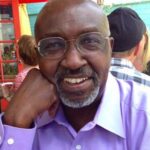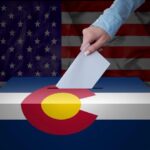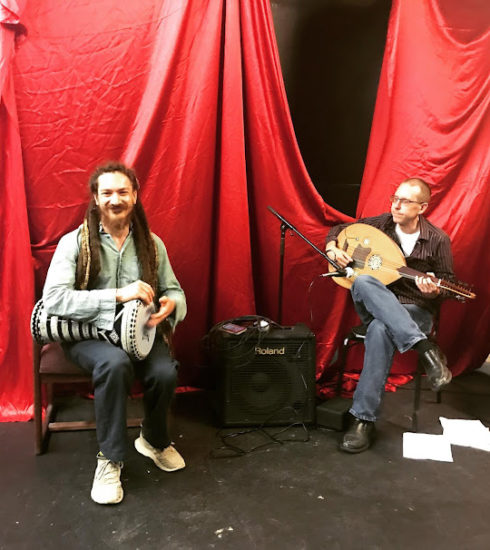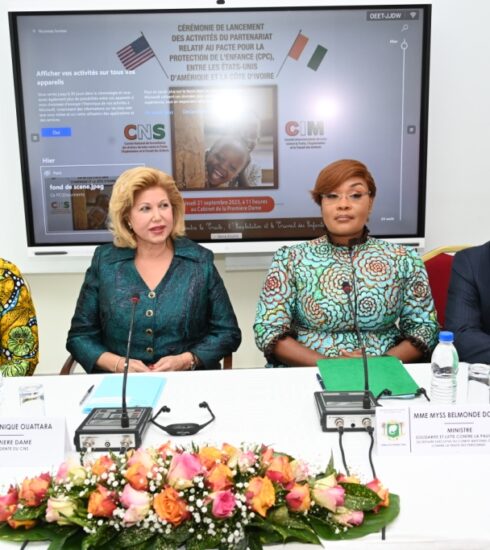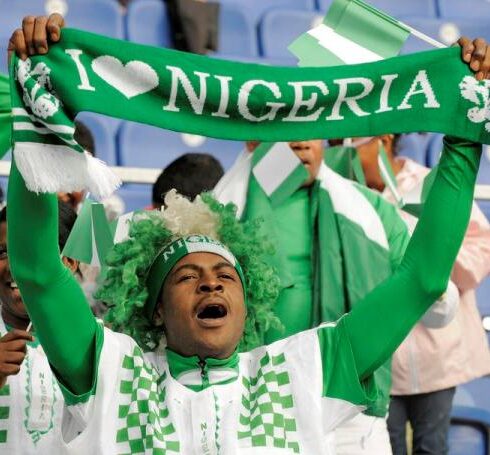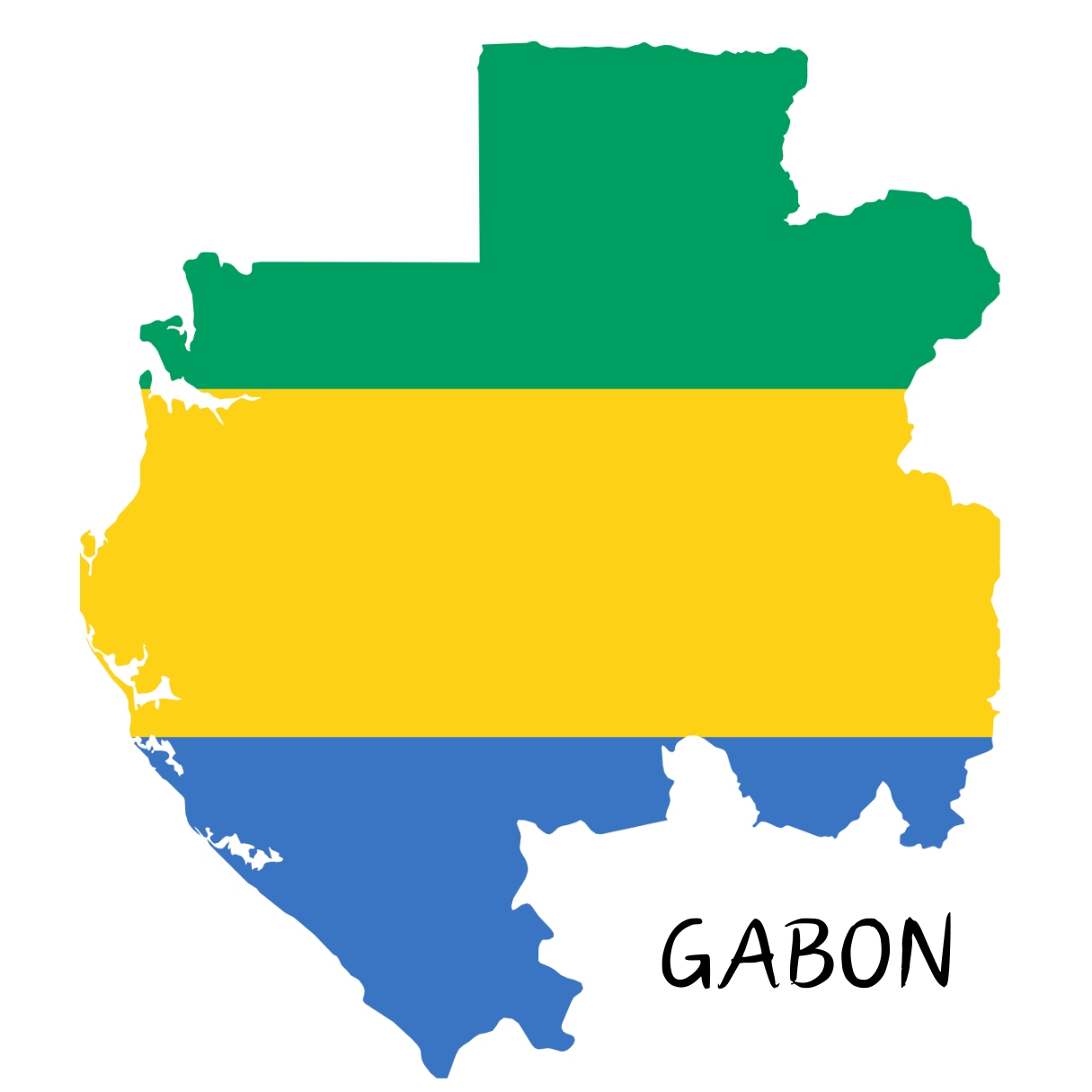
Gabon is a country in west central Africa. It shares borders with Cameroon to the north, the Republic of the Congo to the east and south, and Equatorial Guinea to the northwest. To the west is the Gulf of Guinea. Its area is 270,000 sq. km. and its population is 2,096,745 with the city of Libreville as its capital.
There have been three presidents since the country’s independence from France on August 17, 1960 and Gabon’s small population and natural resources has made it one of the region’s most prosperous countries.
The Pygmy people were the earliest inhabitants but were largely replaced by the Bantu.
The first Europeans arrived in the 15th century. The country’s name comes from the Portuguese word for cloak, which is the shape of the Komo River’s estuary by Libreville. Pierre Savorgnan de Brazza, a French explorer, led a mission to the area in 1875. He became a governor and founded the town Franceville.
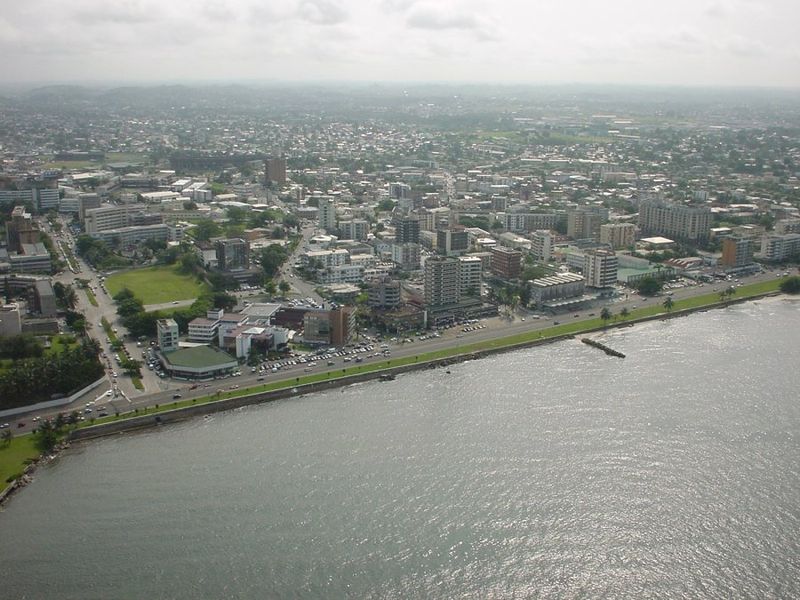
A skylinve view of the capital city of Libreville. Credit -Wikipedia
Gabon became part of French Equatorial Africa in 1910. The federation of four territories survived until 1959. On August 17, 1960, these territories became independent. Leon M’ba was the first president and was elected in 1961. Omar Bongo Ondimba was the vice president. French logging interests funded M’ba’s campaign to further their enterprises.
Upon taking power, M’ba banned demonstrations, suppressed the media, excluded opposition parties, and lessened freedom of expression. M’ba dissolved the National Assembly in 1964 and attempted to institute one-party rule. This was met with an army coup to oust him and restore democracy. The French, defending their interests, dropped paratroopers to restore M’ba.
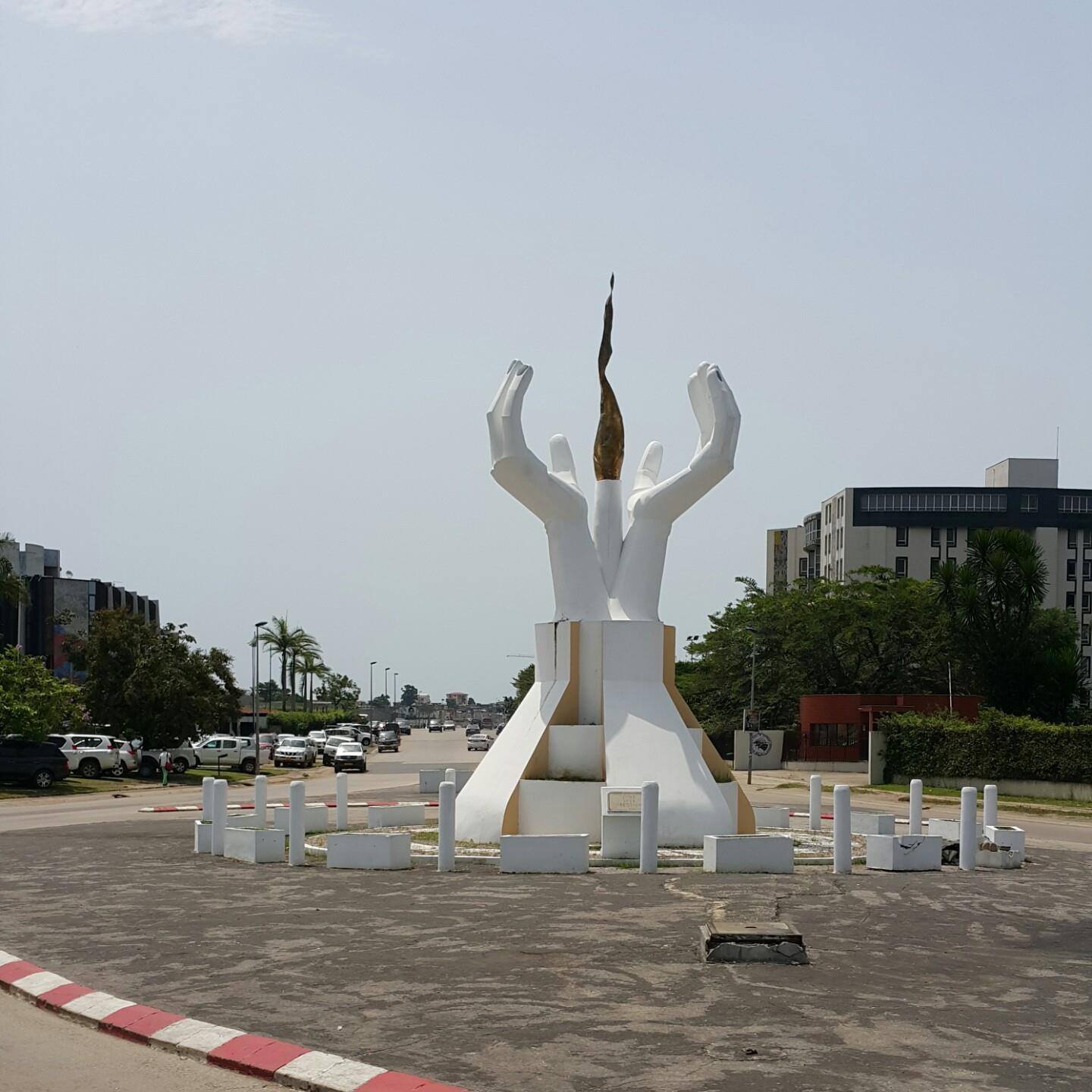
This Monument on the Triumph Boulevard of Libreville, Gabon is a popular spot in the capital city. Credit-Wikipedia
After a few days, the opposition was imprisoned and the coup ended. The French intervention was met with international condemnation. Its troops still remain in Gabon outside the capital. In 1967, M’ba died and Bongo replaced him as president. He remained head of state until his death in 2009 after winning each election by large majority.
Gabon introduced a new constitution in the early 1990s with a more transparent multi-party system which added a bill of rights, an economic and social advisory board, and a body to guarantee those rights (National Council of Democracy).
There are nine provinces in Gabon, which are Estuaire, Haut-Ogooue, Moyen-Ogooue, Ngounie, Nyanga, Ogooue-Ivindo, Ogooue-Lolo, Ogooue-Maritime, and Woleu-Ntem. These are further broken down into 37 departments.
The country is located on central Africa’s Atlantic coast. Gabon’s climate is equatorial with extensive rainforests. These cover 85 percent of the country. The three regions are the coastal plains, the mountains, and the savanna.

The Kongou falls locateed in the town of Makokou, Gabon is among the most spectacular falls in Africa. Credit- Tripadvisor
The largest river is the Ogooue, which is 1,200 km long. Gabon has areas where there are hundreds of dolomite and limestone caves. These caves include the Grotte du Lebamba, Grotte du Kessipougou, Grotte de Bongolo, and the Grotte du Lastoursville. Many have not been explored.
Gabon’s natural preservation efforts are also noted. In 2002, the president designated 11 percent of the country as a national park, making Gabon an ecotourism destination. This is one of the world’s largest proportions of parkland. Natural resources include petroleum, natural gas, diamond, niobium, manganese, uranium, gold, timber, iron ore, and hydropower.
Gabon’s per capita income is four times that of other sub-Saharan countries. Oil production is a large reason for this. Gabon still has not invested in economic diversity or modernized. From 1975 to 1995, Gabon was part of OPEC. It exports iron, wood, and manganese. Mines for Uranium near Franceville were shut down in 2001 due to global competition, but plans have been made to reopen them. Exploitation of iron deposits north of Makokou is set to begin in the near future.
The devaluation of the CFA franc in the 1990s left Gabon unable to pay its international debt. The IMF and France have given additional loans in exchange for economic changes. Imports come mainly from France and Gabon’s export partners are China, Russian, and the U.S.
Despite the abundance of natural wealth, poor fiscal management has stifled the economy. However, the previous President Bongo Ondimba made concerted efforts to increase transparency and took various steps to make Gabon a more attractive investment destination to diversify the economy. He also attempted to boost growth by increasing government investment in human resources and infrastructure. GDP grew more than 6% per year over the 2010-13 period.
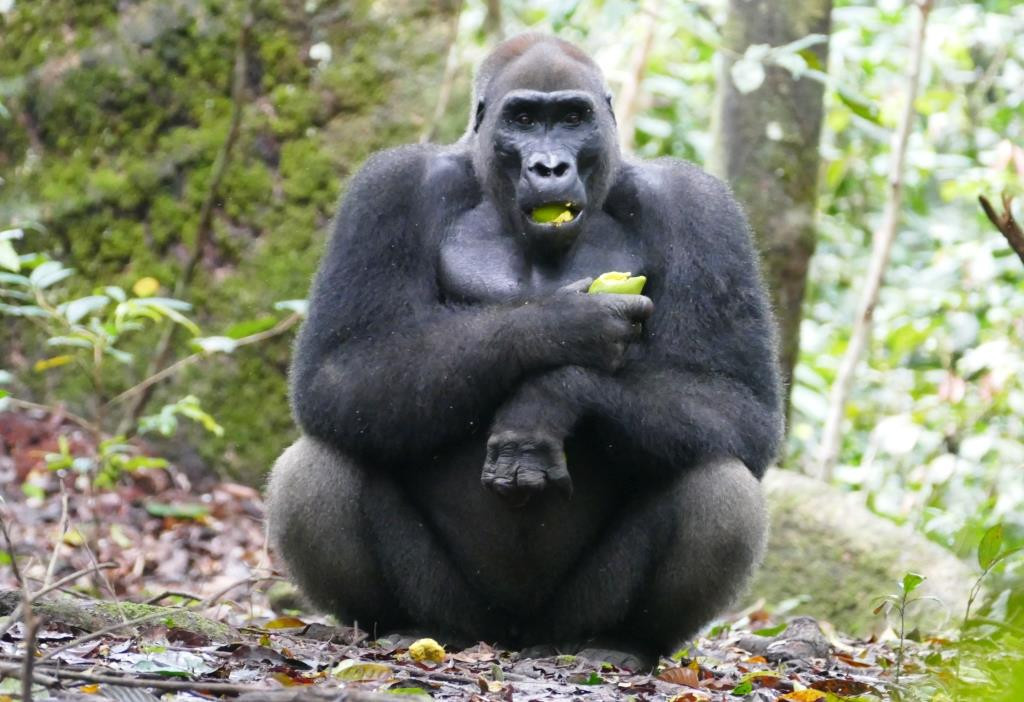
The Evengue Island in Omboue, Gabon is home to a vast majority of orphaned Gorillas. Credit-Da.com
Animals are abundant in the rainforests of Gabon. 85 percent of the country is covered by rainforests and it is Africa’s fifth least densely populated country. Gabon boasts dense rainforests and unique ecosystems, contributing to its status as a biodiversity hotspot.
These habitats, along with lagoons, beaches, mangroves and savannahs make Gabon ideal for animals and reptiles. There are 60,000 forest elephants and 20,000 lowland gorillas. There is a National Tourism Strategy, which aims for 1,000,000 visitors per year.
While the music of the Democratic Republic of the Congo and Cameroon is better known. Gabon can also claim a variety of musical styles, such as folk. Folk music in Gabon incorporates traditional drums, the ngombi, the obala, and the balafon. Also popular are singer and live performer, Annie Flore Batchiellilys, singer Oliver N’Goma, and popstar Patience Dababy. Sylvain Avara, La Rose Mbadou, and Georges Oyendze are famous guitarists. Gabon has also enjoyed other styles such as makossa, soukous, rumba, and hip-hop and rock from the UK and US.
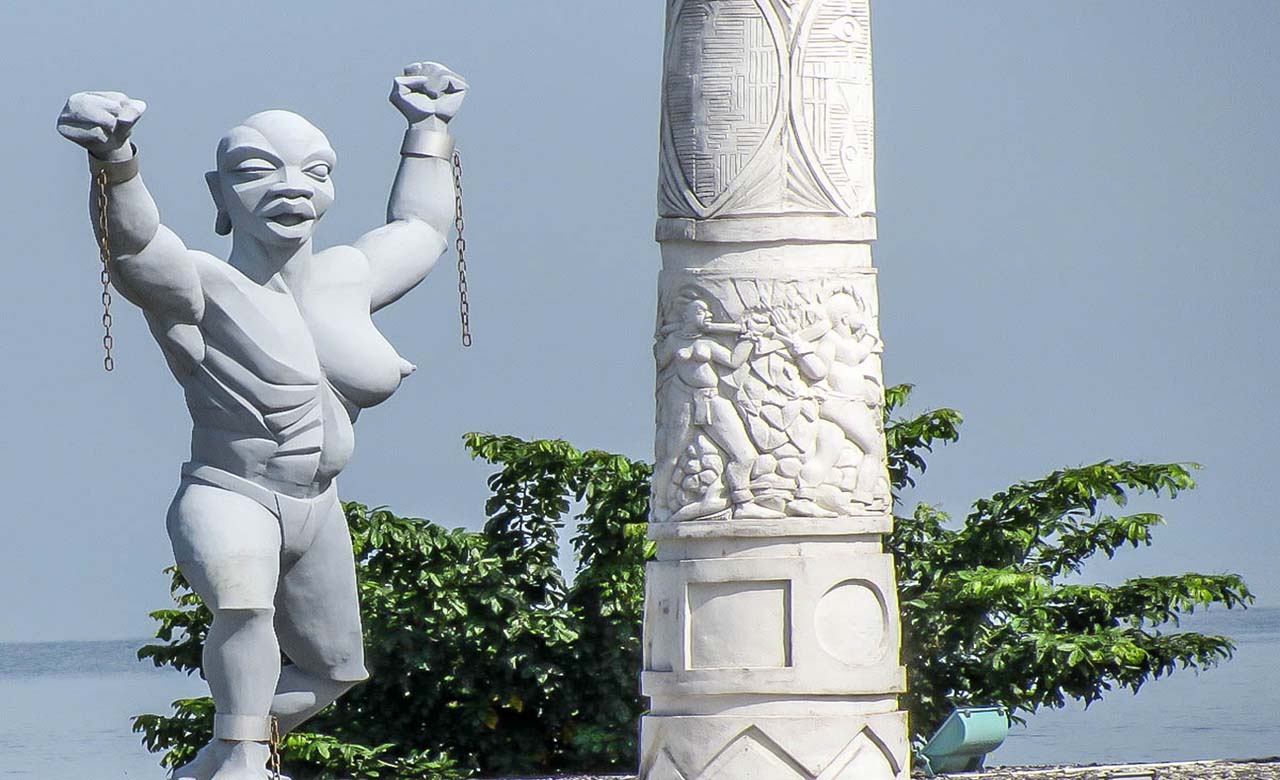
The Stele of Freedom is a monument located close to the Presidential Palace in Libreville, Gabon. It was built to commemorate the end of the slave trade in 1848. This monument is the work of painter and sculptor Me Minko Minze. It depicts a slave, half-man and half-woman freeing herself from her chains. Credit – Da.com
Until the spread of literacy in the 21st century, Gabon’s history and traditions, such as its extensive folklore and mythology, were predominantly oral. These traditions are kept alive through “Raconteurs” such as the ingwala among the Nzebis, and the mvett among the Fangs.
Gabon uses internationally celebrated masks for a variety of predominantly ceremonial reasons such as birth, funerals, and marriage. Masks include the relicary figure of the Kota and the n’goltang (Fang). Precious materials and local woods are the main materials used by traditionalists.
In 2021, Gabon became the first African country to receive payment for reducing CO2 emissions from deforestation and forest degradation.

